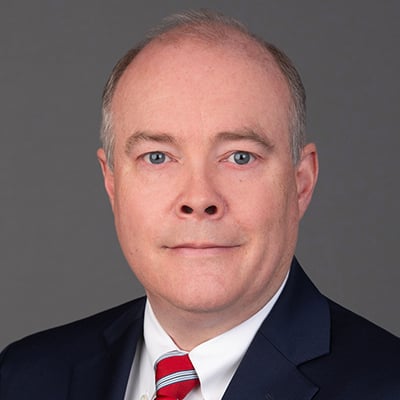Patent Exhaustion Case Added to Supreme Court’s Queue
Impression Products Inc. v. Lexmark International Inc., No. 15-1189, 2016 WL 1117396, cert. granted (U.S. Dec. 2, 2016).
The high court agreed to consider whether patent exhaustion applies in foreign jurisdictions, a decision that could have significant consequences for various industries engaged in international trade.
Generally, the patent exhaustion doctrine terminates the right to sue a customer who purchased an authorized patented product, meaning patent holders cannot prohibit resales or set a resale price.
However, in the case involving Impression and Lexmark, the full U.S. Court of Appeals for the Federal Circuit ruled that the doctrine does not apply to products first sold abroad or sold with certain post-sale restrictions.
Impression wants the Supreme Court to declare that a sale abroad exhausts a U.S. patent holder’s right to sue for infringement, as the court recently held in a decision over copyrighted works.
“Once again the Supreme Court has granted cert. in a case where the Federal Circuit drew a distinction between patent and copyright law,” said Kirkland & Ellis partner John C. O’Quinn, who is not involved in the case.
“The Supreme Court’s decision to review the case shows that at least some on that court believe as a presumptive matter that where they address similar issues, patent and copyright law should be interpreted to reach the same result,” O’Quinn added.
PATENT EXHAUSTION
The case concerns discounted single-use cartridges Lexmark sold under a program that expressly prohibited resale and required buyers to return empty cartridges for recycling.
Impression obtained Lexmark’s cartridges in the U.S. and abroad, modified them to circumvent the patented single-use design, and resold them in the U.S., according to court documents.
When Lexmark sued for infringement, Impression presented a first-sale defense, arguing that Lexmark could not enforce patent rights after the first sale.
The case eventually made it to the Federal Circuit.
In a 10-2 decision in February, the en banc court said Lexmark’s foreign sales did not exhaust the company’s right to sue for patent infringement in the U.S. Lexmark Int’l v. Impression Prods., 816 F.3d 721 (Fed. Cir. 2016).
Regarding the post-sale restrictions, the Federal Circuit reiterated its decision in Mallinckrodt Inc. v. Medipart Inc., 976 F.2d 700 (Fed. Cir. 1992), that a “single-use only” restriction was a valid condition for the resale of a patented medical device and did not prevent a patent owner from suing for infringement.
In March, Impression asked the high court to review the Federal Circuit’s ruling.
FOLLOWING KIRTSAENG
In its petition Impression noted the Supreme Court recently eliminated boundaries for the first-sale doctrine for copyright holders in Kirtsaeng v. John Wiley & Sons Inc., 133 S. Ct. 1351 (2013).
The Kirtsaeng court said foreign and domestic sales alike exhaust a copyright holder’s right to sue for infringement in the United States. Impression says the same logic should apply to patent cases.
The company also says the Federal Circuit’s decision erroneously removed important limits on patent rights, adding that “there is no room in the exhaustion doctrine for continuing post-sale restrictions.”
Numerous friend-of-the-court briefs, submitted by such amici as Public Knowledge and the Electronic Frontier Foundation, supported Impression’s arguments, urging the high court to reverse the Federal Circuit’s decision.
Lexmark, on the other hand, said precedent has already answered the questions Impression raised.
“Because patent law precedents offer no conflict or other reason to grant review, Impression looks to this court’s interpretation of the Copyright Act in Kirtsaeng,” Lexmark’s opposition brief said.
U.S. GOVERNMENT’S ADVICE
The government chimed in with its opinions about the case in October.
“This court has repeatedly found patent rights exhausted … even when the patentee attempted to impose restrictions on postsale use or resale,” the government’s brief said.
The government also said the high court should review the Federal Circuit’s proclamation that foreign sales never trigger the exhaustion of U.S. patent rights.
The U.S. government advocated a rule of “presumptive exhaustion,” whereby patent owners can reserve their domestic patent rights after authorized foreign sales through an express license, but those rights otherwise expire automatically.
This understanding follows legislation enacted by Congress and free trade agreements signed by the president, the
government said.
REPRINTED WITH PERMISSION FROM THE DECEMBER 14, 2016 EDITION OF WESTLAW JOURNAL INTELLECTUAL PROPERTY © 2016 THOMSON REUTERS ALL RIGHTS RESERVED. FURTHER DUPLICATION WITHOUT PERMISSION IS PROHIBITED


